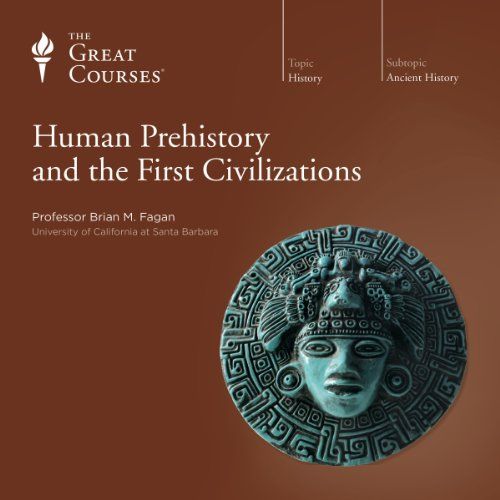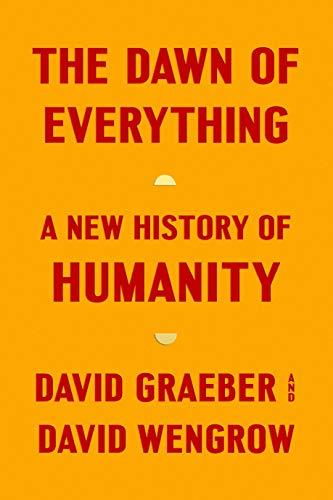I like having history around to help keep my head on straight and ward off delusion.
Garrison Keillor, That Time of Year: A Minnesota Life, 2020
History is a big part of my life. And I've never been sure why.
Maybe it's the need I have in my brain to fully understand something, and I can't understand something fully if it's not finished yet.
Maybe it's the difficulty of living life in the present; the past is all neat and tidied up, at least the part I pay attention to.
Most of my life I've been involved in some aspect of history: 50's scifi, mid-century modern architecture, history of photography, history of science, history of the fundamental theories across science, history of alchemy, prehistoric history of mankind (that's a strange phrase, history of man before writing is all I mean), my own history.
It's my own history I understand least. I've been rethinking it lately, reinterpreting it in the light of autism. I was sure that I was emotionally ignored, but had a hard time believing that mom and dad did that. But the autistic rarely stand up for themselves, it's just part of what we are. And mom was probably glad I was so independent at the age of two? six? ten? that she didn't need to work to help me understand life. I was drowning, and she was proud of me. She noticed I was shy, "painfully shy," she said, and left it to me to live with. Autism is strange. Dad probably has autism so he was just out of the picture. Narcissists are attracted to the autistic, I think. Autism was probably strange for him too. See "The Geek Syndrome," Wired, 2001, by Steve Silberman.
My "tree of understanding" isn't rooted in the strata when I was born; it's rooted in the Garden of Eden. Way back. It's not rooted in Olduvai, the old gorge in Africa (well, rift valley in Ethiopia) where Man is supposed to have originated; that history can't be right: it makes no sense that a hunter-gatherer people would take 100,000 years to move 13,000 miles into Europe and Asia. That's 700 feet per year, two feet per day! Hunter-gatherers would move miles between camps to find new game and plants to harvest. I'd put it nearer 13,000 miles in 130 years. My tree has people spreading rapidly when it was warm, moving slower into the north when ice sheets spread over the land. I'm listening to a lecture series, Human Prehistory and the First Civilizations by Brian M. Fagan, to understand the current theories (he calls them theories, but they sound more like guesses, not rising to the standard of hypothesis, which is pretty low) to try to get the picture of general beliefs (since it's not knowledge). I pre-ordered a new book on the same topic, The Dawn of Everything: A New History of Mankind by David Graeber and David Wengrow to see what it says about civilization coming on earlier and faster than the common belief has it. It was delivered to my Kindle this morning.


So history is a refuge for me. A place neatly understood, even with the uncertainties of the old dates.
Sometimes as I walk across campus I daydream. Fantasy was always a refuge to me. I don't yet understand why it was so strong, because it wasn't always. But I used it to cope. It's still there, not as strong as it was after grad school.
History defeats fantasy.